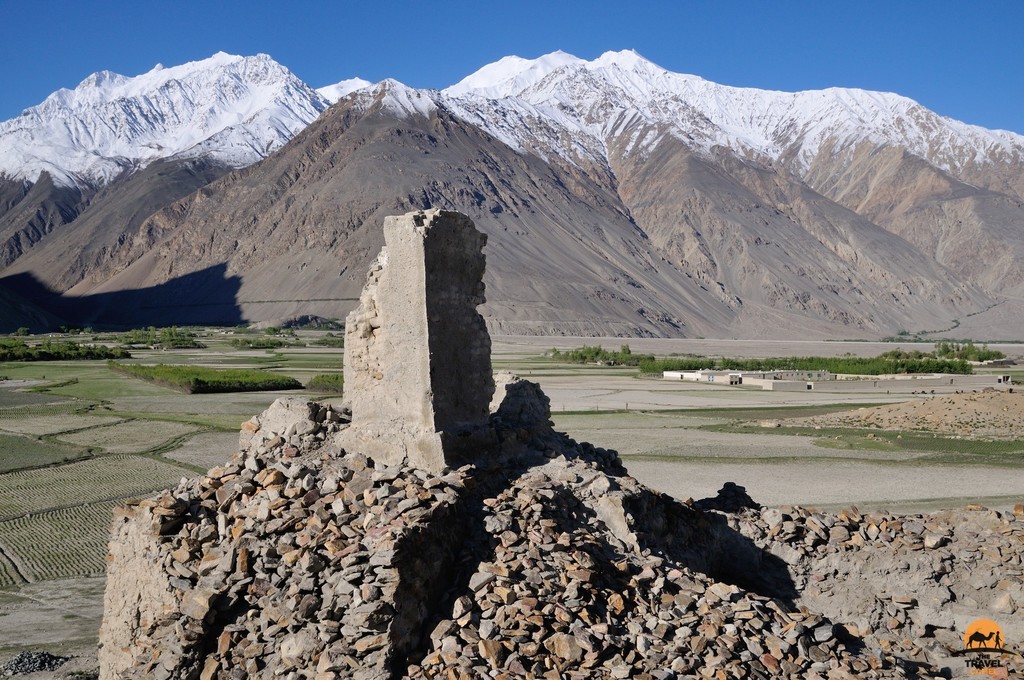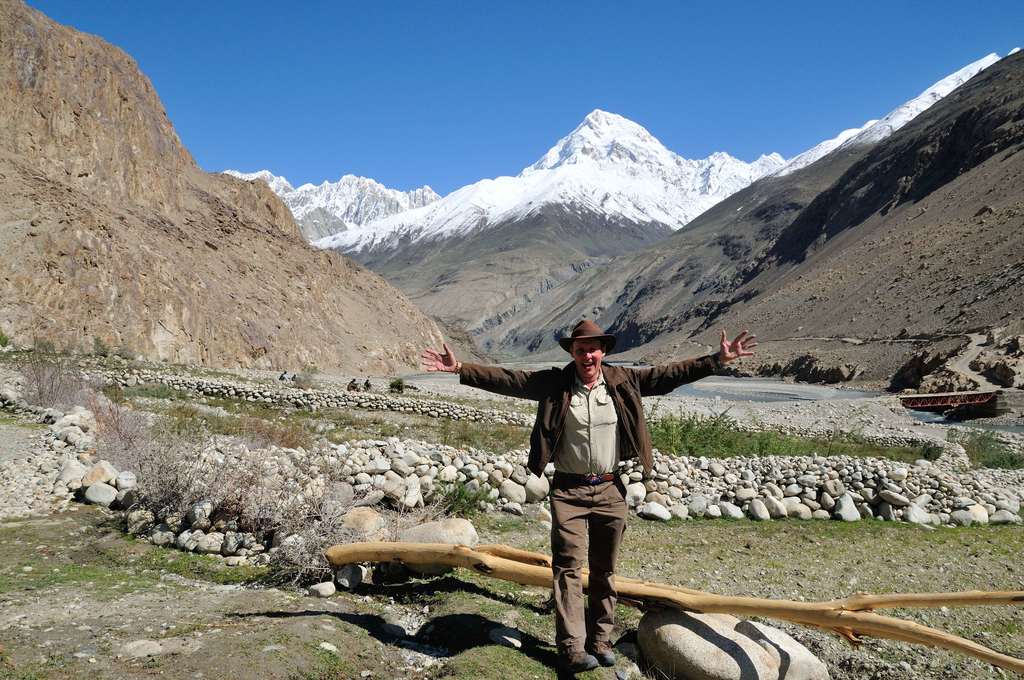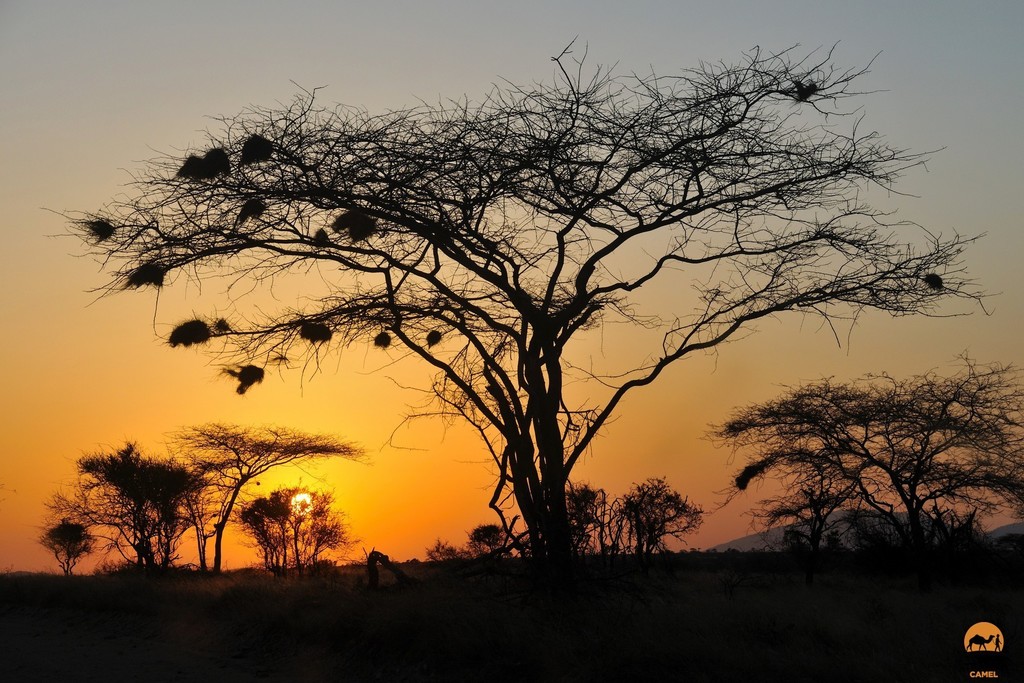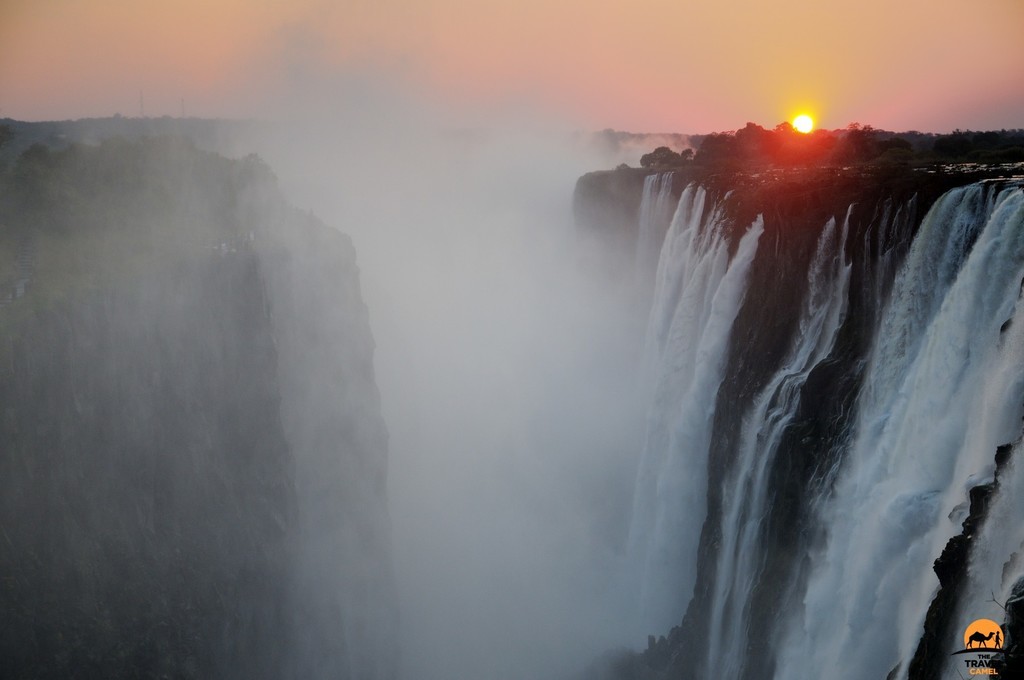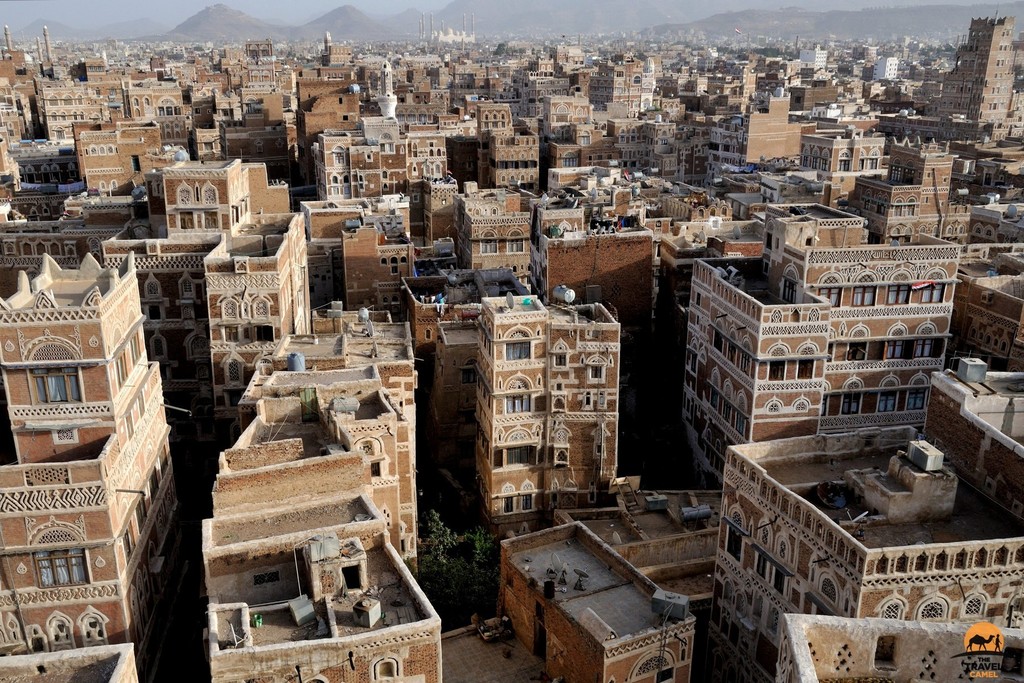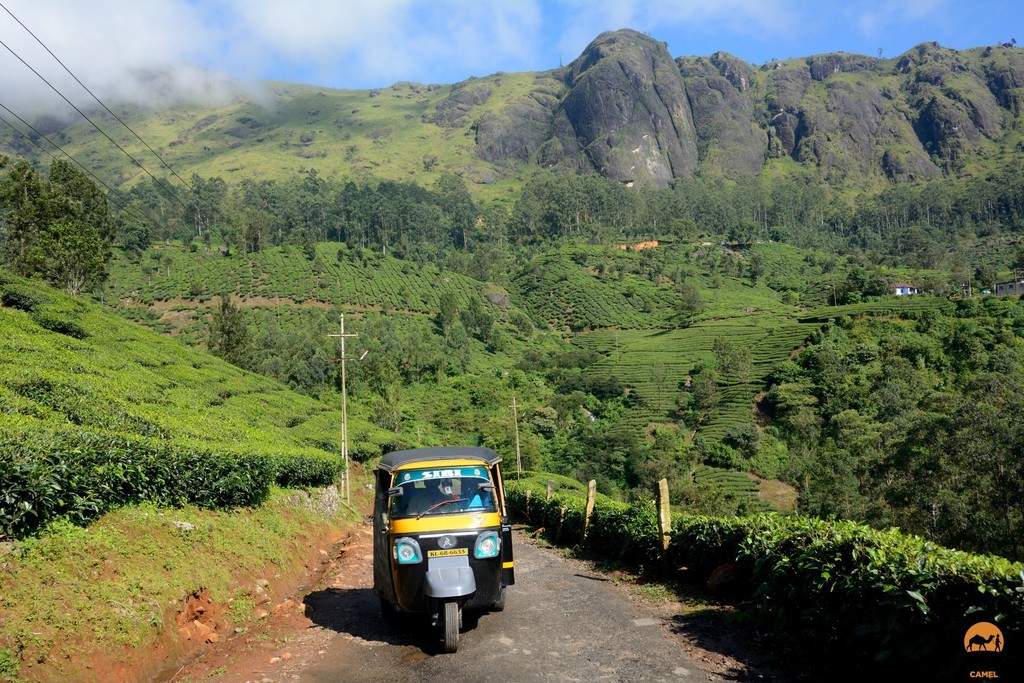Shane's first solo trip was in the 1980s and he has undertaken solo trips regularly since that time. He's visited more than 100 countries, including more than 90 countries solo. He loves to inspire people to explore the road less travelled, and he seeks to do this through keynote speeches, photography, social media, and radio. You can find Shane at www.thetravelcamel.com and you can also connect with him on GAFFL.
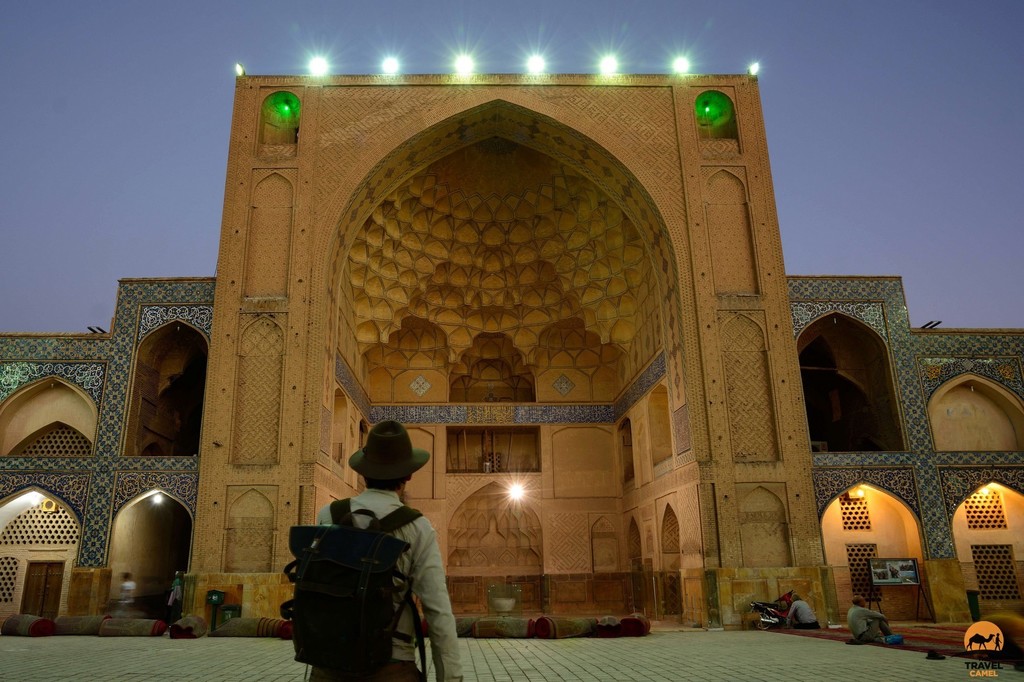
Why I Travel
My first overseas trip was in 1986, and just like now, I wanted to travel to experience the world. My main reason to travel to learn more about the world and its people. I love visiting places on the road less travelled, and this has included solo trips to places such as Afghanistan, Ethiopia, India, Iran, Somaliland, Syria, Tajikistan, and Yemen.
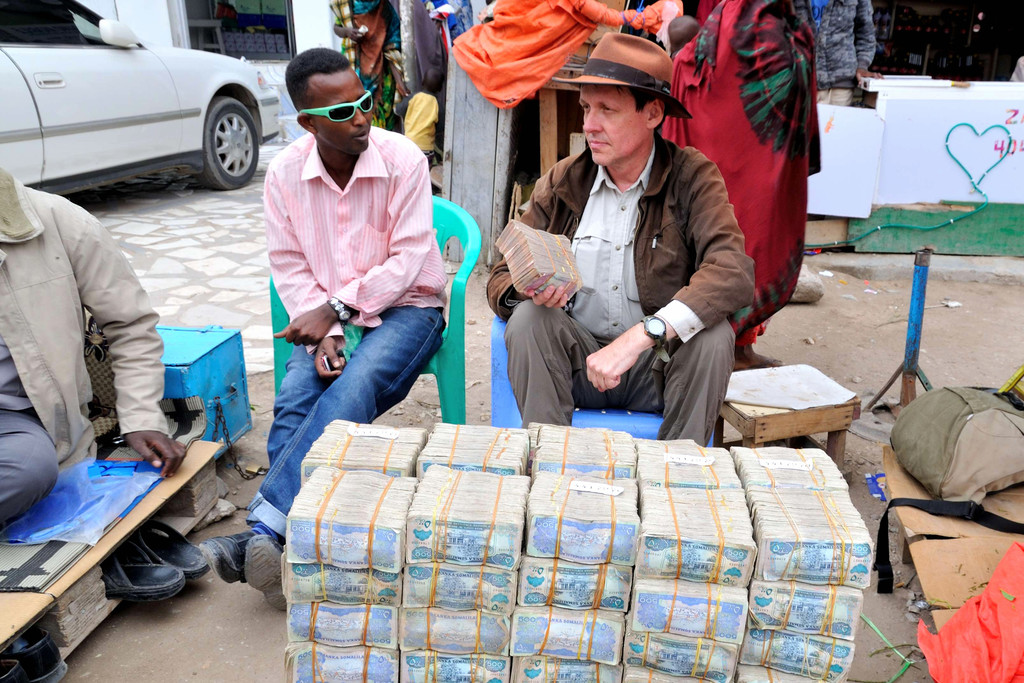
I've Met Special People While Traveling
If it wasn’t for my travels, I wouldn’t be a father, and wouldn’t have the wonderful family I have now. It is much easier to create long-lasting friendships in the Internet and Social Media era. When I was travelling in the 1980s and 1990s the only way to stay connected with people you met were either phone calls or letters. This was difficult.
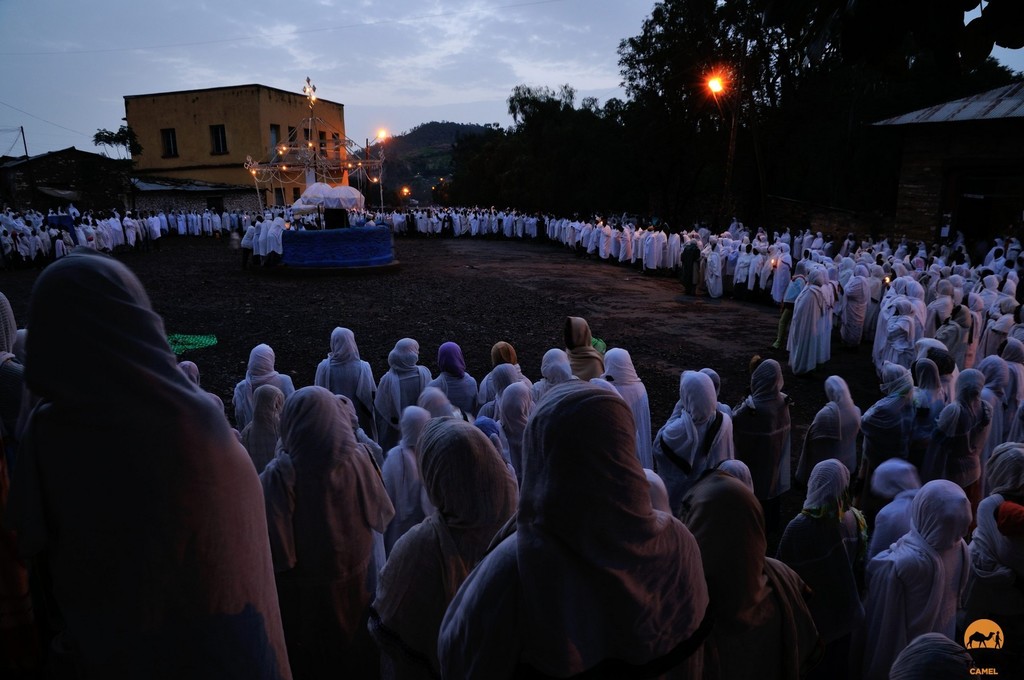
How I Choose Where To Travel Next
I have three types of travel. The first type of travel is related to my work with speaking or being part of the organising team at conferences and trade shows. These are usually short trips of not more than a week, but I usually stay a few days longer to explore the area. I don’t choose these travel destinations, the choice is made for me. Most of my current travel fits into this category.
For the next two types of travel, the choice is influenced by the culture, hospitality, and attractions of a destination. The more different a culture is to my own, the more interesting I find the destination. The second type of travel are those trips that involve photography. I’ve been photographing my travels since the 1980s. I tend to visit places on my own that are rough and/or remote and not suited to bringing a young family with me.
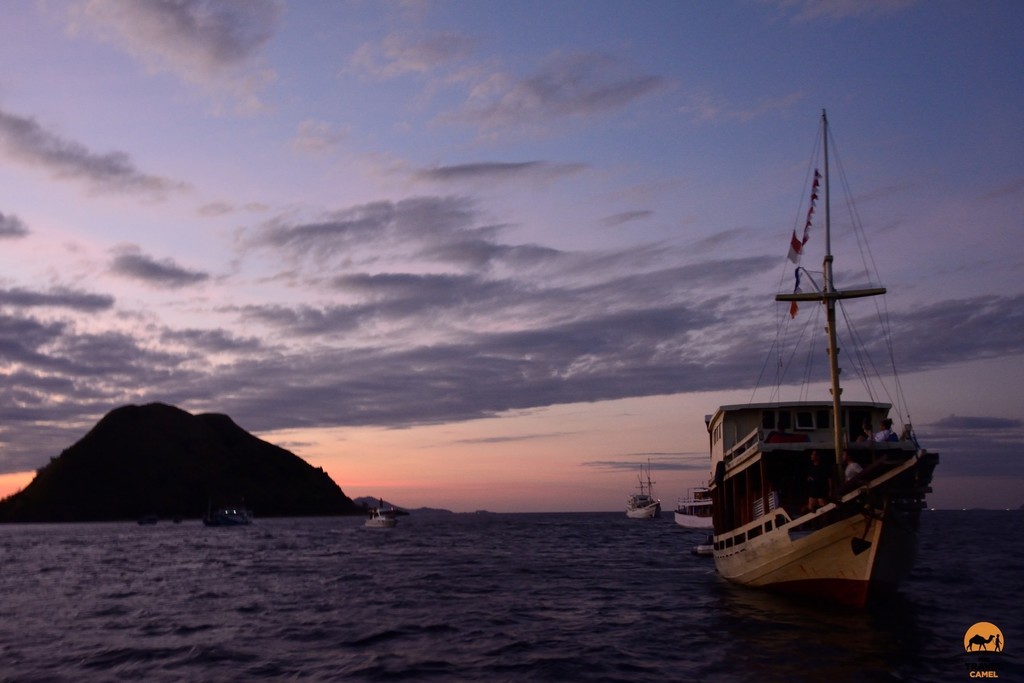 The third type of travel are those trips with my family. The level of comfort is higher than my solo photography journeys, but the style of travel is not much different from the second type. I am a strong advocate for slow travel, and when you travel with a young family, you naturally will travel slowly.
The third type of travel are those trips with my family. The level of comfort is higher than my solo photography journeys, but the style of travel is not much different from the second type. I am a strong advocate for slow travel, and when you travel with a young family, you naturally will travel slowly.
Usual Length Of My Trips
The shortest solo trip was a few days, but the longest solo trip is my current one. It started as a solo trip but now is not. I have not returned to Australia since I left in December 2012, and for the first two and a half years of that time I continuously travelled and mostly travelled solo. Since August 2015 I’ve been based in Kenya with my family. I still travel solo - especially for business trips - but these are much shorter in length now - no longer than two weeks.

